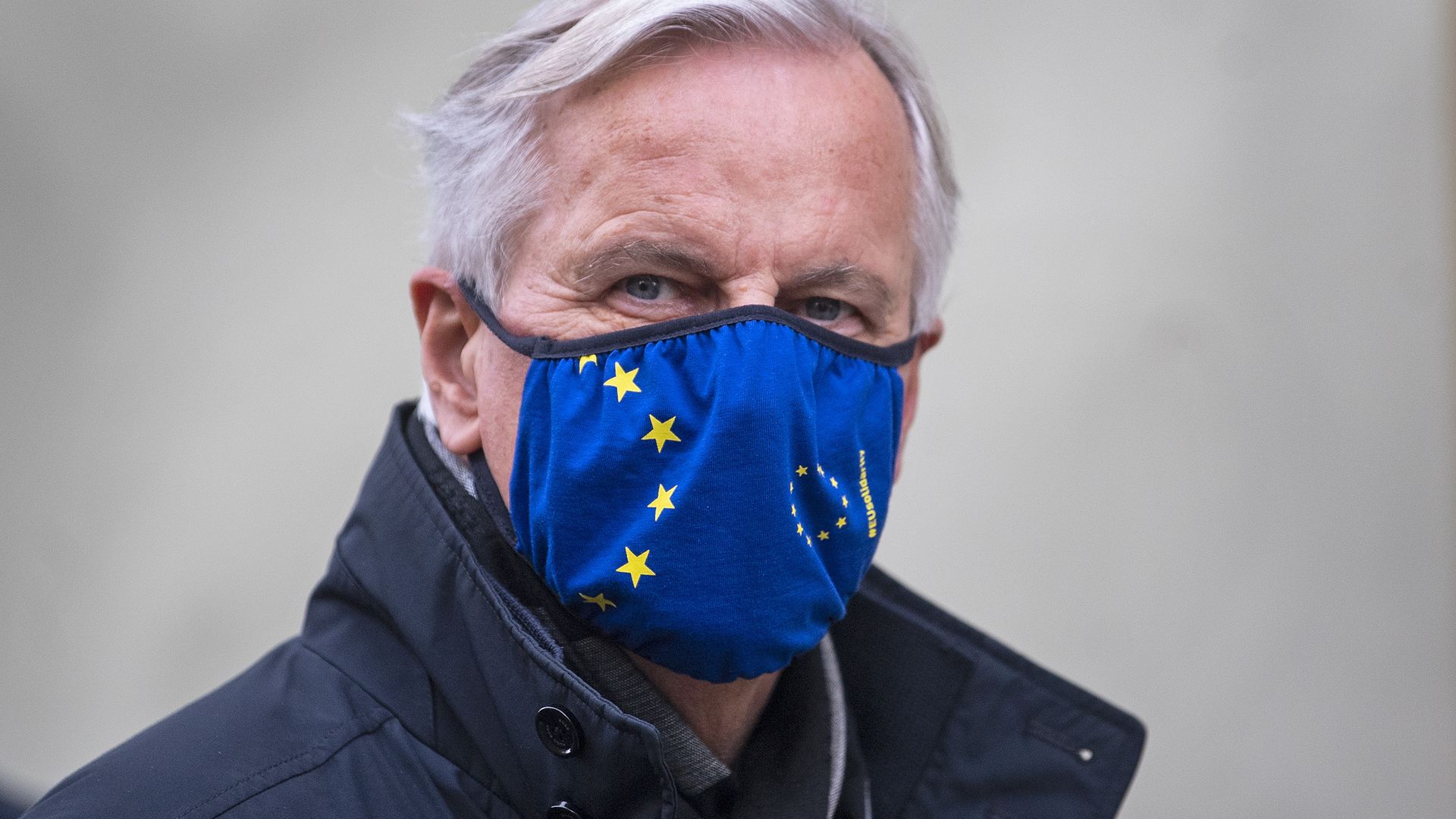
Britain’s Brexit trade deal with the EU was determined by “quarrels, low blows, [and] multiple betrayals” by self-aggrandizing Tory MPs, Michel Barnier has written in his long-awaited memoirs.
The UK’s problem, writes Barnier in The Great Illusion, was that it began negotiations by “talking to themselves,” leading its negotiating team to “underestimate the legal complexity of this divorce, and many of its consequences”.
Barnier said talks among British negotiators soon spiraled into Conservative party infighting and “political piracy”.
“The current team in Downing St is not up to the challenges of Brexit nor to the responsibility that is theirs for having wanted Brexit. Simply, I no longer trust them,” he wrote.
Published in France on Thursday and in English translation in October, The Great Illusion is a blow-by-blow account of the four years Barnier, a former French cabinet minister and European commissioner who has said he expects to “play a role” in the country’s next presidential election, spent as the EU’s chief Brexit negotiator.
Barnier also described what it was like negotiating with Britain’s Brexit envoy in Brussels. He described David Davis as “warm, truculent, and very self-assured”, Dominic Raab as “almost messianic” and Theresa May as “direct, determined … and rather rigid, in her figure and in her attitudes” before laying into her infamous “Red Lines” speech at Lancaster House.
“The number of doors she shut, one after the other,” he marveled on January 17, 2017. “I am astonished at the way she has revealed her cards … before we have even started negotiating.”
On her promise to end the jurisdiction of the European court of justice, halt free movement, leave the single market and customs union, and end EU budget payments, he recoiled: “Have the consequences of these decisions been thought through, measured, discussed? Does she realise this rules out almost all forms of cooperation we have with our partners?”
Barnier also questioned the claim that Britain could not be truly “global” inside of the EU. “I do wonder what, until now, has prevented the UK from becoming ‘Global Britain’, other than its own lack of competitiveness,” he writes. “Germany has become ‘Global Germany’ while being firmly inside the EU and the eurozone.”
Brexiteers in general and Nigel Farage and his UKIP followers in particular, Barnier writes, had simply behaved “irresponsibly, with regard to the national interests of their own country. How else could they call on people to make such a serious choice without explaining or detailing to them its consequences?”
On Boris Johnson, Barnier said he was prone to “posturing” and banter that would “leave him open” but cautioned against underestimating him. “[He was] advancing like a bulldozer, manifestly trying to muscle his way forwards,” Barnier wrote of Johnson.
When one of his 60-member team explained to Johnson the need for customs and quality checks on the Irish border, Barnier writes, it was “my impression that he became aware, in that discussion, of a series of technical and legal issues that had not been so clearly explained to him by his own team”.
As late as May 2020, Barnier records his surprise at the UK’s continued demands for “a simple Canada-type trade deal” while still retaining single market advantages “in innumerable sectors”. There remains “real incomprehension, in Britain, of the objective, sometimes mechanical consequences of its choices”, he writes.
Barnier’s final warning, however, is to the EU itself. “There are lessons to be drawn from Brexit,” he writes. “There are reasons to listen to the popular feeling that expressed itself then, and continues to express itself in many parts of Europe – and to respond to it. That is going to take time, respect and political courage.”
Warning: Illegal string offset 'link_id' in /mnt/storage/stage/www/wp-includes/bookmark.php on line 357
Notice: Trying to get property 'link_id' of non-object in /mnt/storage/stage/www/wp-includes/bookmark.php on line 37






